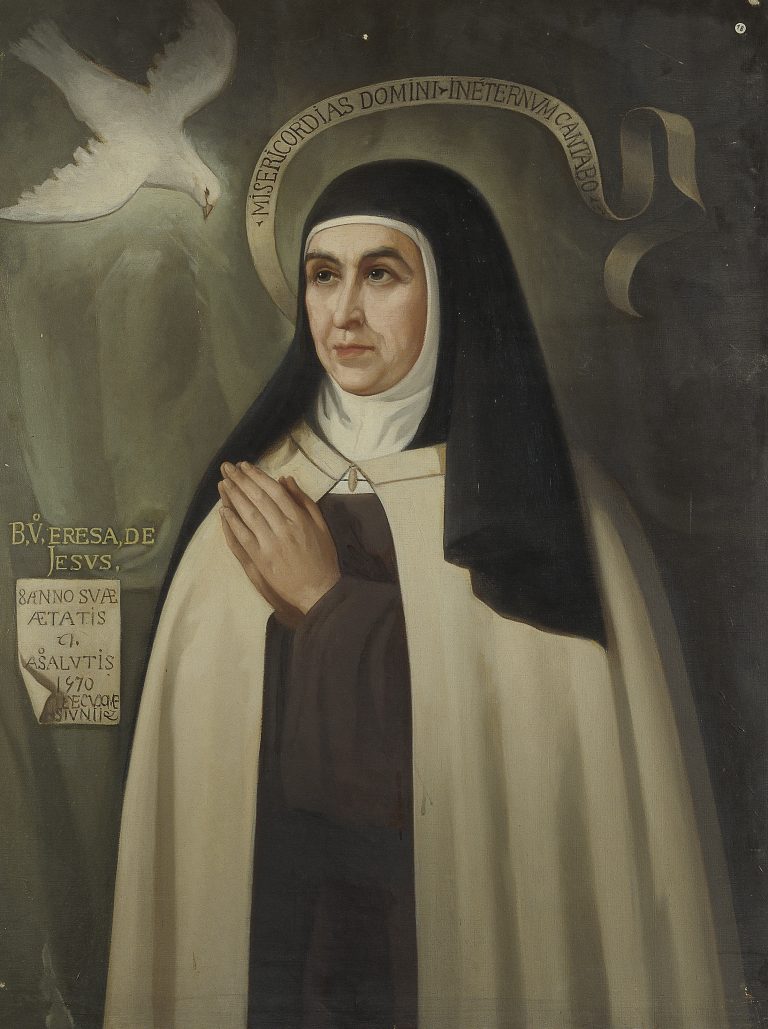
Ordinary?
‘Teresa of Ávila’s Autobiography, completed in her fiftieth year, chronicles the irruption of the divine into an ordinary life. Seeing Teresa at a distance, we may object to the adjective ‘ordinary’. She seems anything but! Teresa, however, argued this point with passion. She was conscious of singular favour shown her; but she insisted that nothing in her nature marked her out from the common run of men and women. She presents her life in its extraordinariness as a typical life, an exemplar each of us might emulate, had we but faith and courage to surrender to God’s work in us. The trajectory she traces reaches from the outset right to the loftiest end of spiritual life. She counsels souls who wobble ‘like hens, with feet tied together’ but also those who soar like eagles. Nor does she forget the perplexing darkness of the long intermediate stage when the soul, like a timid dove, is dazzled by rare glimpses of God’s Sun while, ‘when looking at itself, its eyes are blinded by clay. The little dove is blind’. Everything she writes, she tells us, is born of experience. For long years she herself ‘had neither any joy in God nor pleasure in the world’. She lived in an in-between state, a no-woman’s land. What changed it?’
From a talk given in 2015.
